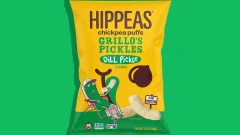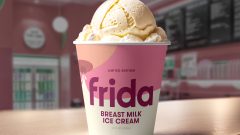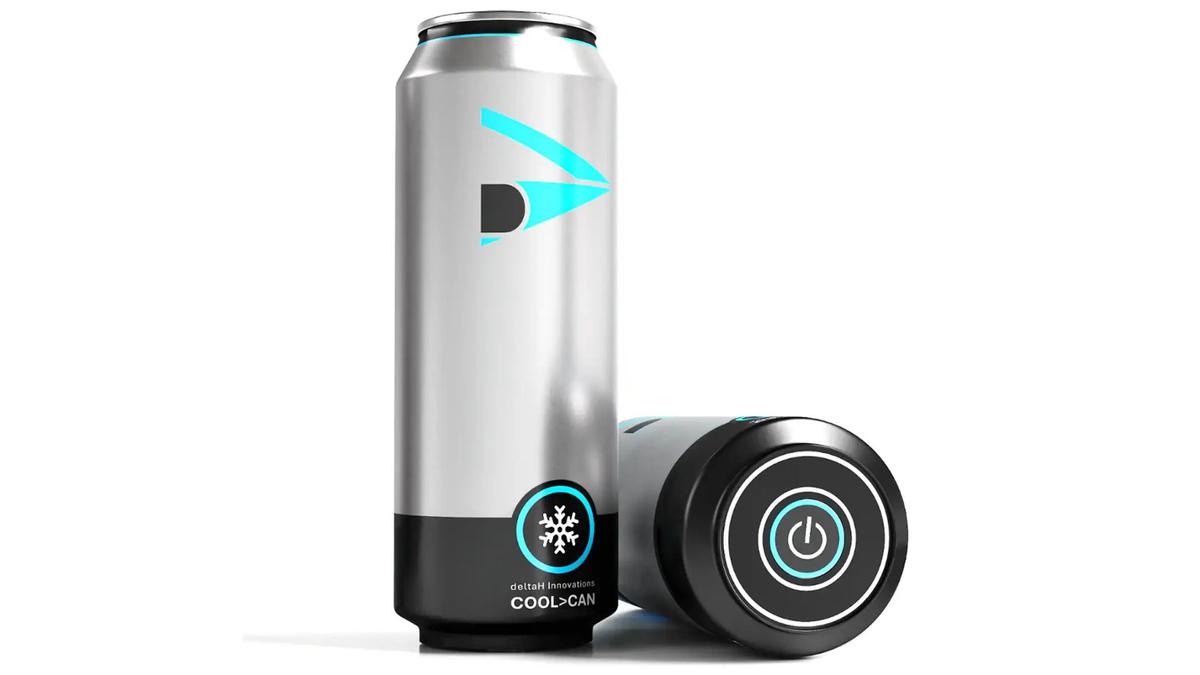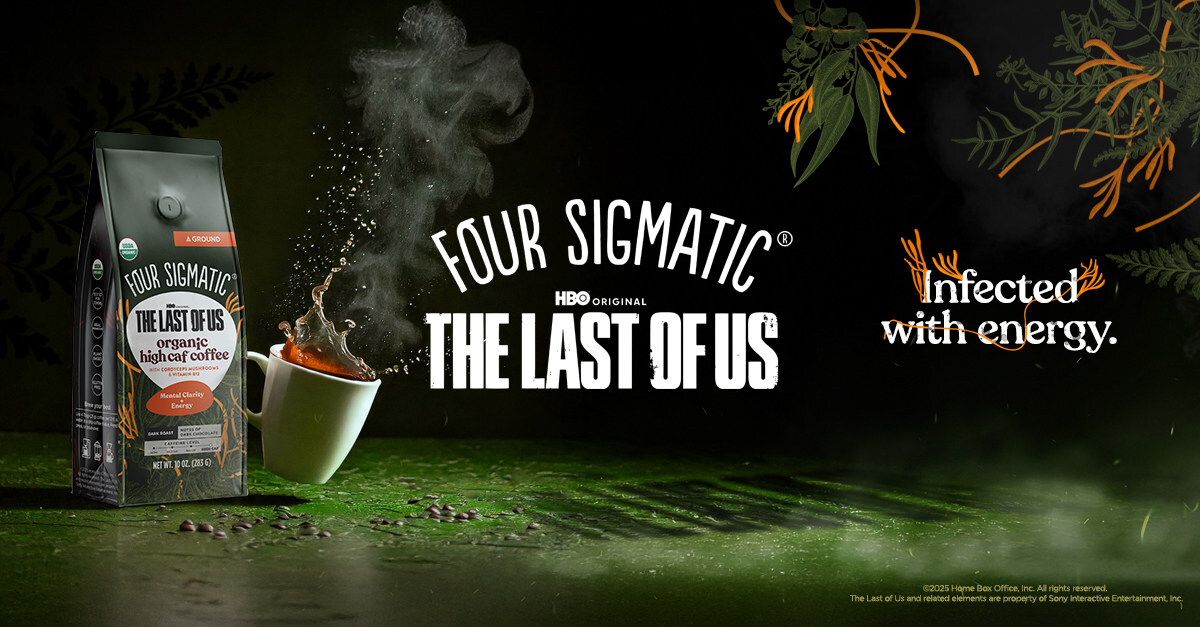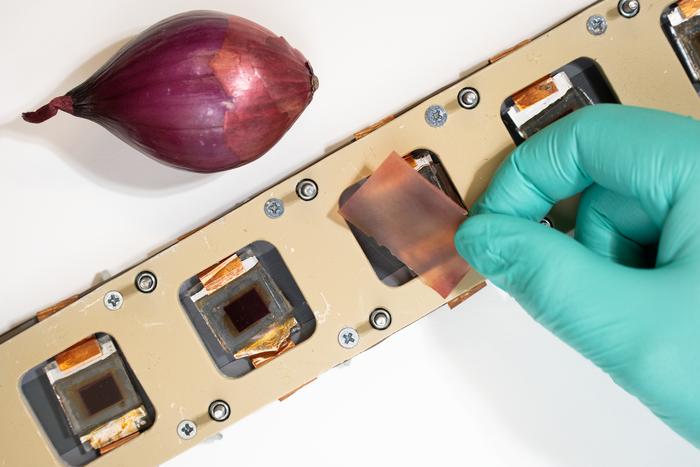6 Foods That One Food Poisoning Expert Will Never Eat
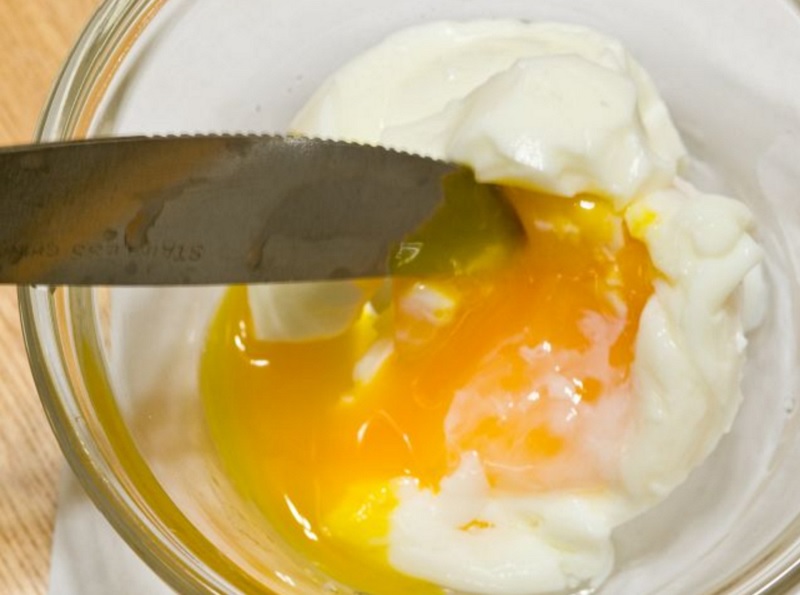
Anyone who has ever experienced food poisoning will understand the misery and the post-traumatic food aversion that it causes in its victims.
William Marler is considered a national expert and attorney in food safety with over 20 years of experience under his belt. He has been at the forefront of foodborne illness litigation and has filed suits against companies that include Chili’s, Dole, KFC, McDonald’s, Taco Bell and Wendy’s.
Marler is also the attorney filing suits against Chipotle over the recent outbreaks of E. coli and norovirus at a number of the causal Mexican grill chain’s restaurants. An accomplished attorney and expert in his field, Marler has won over $600 million in his cases for his clients.
Over the years he has compiled a list of certain foods that he simply can’t stomach anymore. He revealed in an article in the Food Poison Journal the top foods he definitely avoids.
1. Pre-washed or pre-cut fruits and vegetables
According to Marler, the more a food is handled and processed, the more likely it is to become tainted. Convenience simply isn’t worth the risk, he says. Instead Marler buys unwashed, uncut produce and eats it within three to four days.
2. Raw or undercooked eggs
Marler is traumatized from the salmonella epidemic from the 1980s and early ‘90s. He said:
“I think the risk of egg contamination is much lower today than it was 20 years ago for salmonella, but I still eat my eggs well-cooked.”
3. Raw oysters and raw shellfish
Foodborne illness caused by raw shellfish have been making a strong comeback lately. Marler believes it is connected to warming water temperatures that fuel microbial growth. Oysters, especially, are filter feeders and pick up the bacteria that we later consume.
4. Rare or medium rare meat
Marler likes his steak well-done or medium-well. He explained:
“The reason ground products are more problematic and need to be cooked more thoroughly is that any bacteria that’s on the surface of the meat can be ground inside of it.”
5. Unpasteurized milk and packaged juices
“There’s no benefit big enough to take away the risk of drinking products that can be made safe by pasteurization,” Marler said. “Raw” milk and juices that have not undergone the pasteurization process have a higher risk of contamination by bacteria, viruses and parasites.
6. Raw sprouts
Over 30 bacterial outbreaks including salmonella and E. coli have been linked to uncooked and lightly cooked sprouts since the mid-1990s. More recently, 19 people were sent to the hospital for salmonella from bean sprouts in 2014.
Written by Laura Dang, Next Shark || h/t: Business Insider









